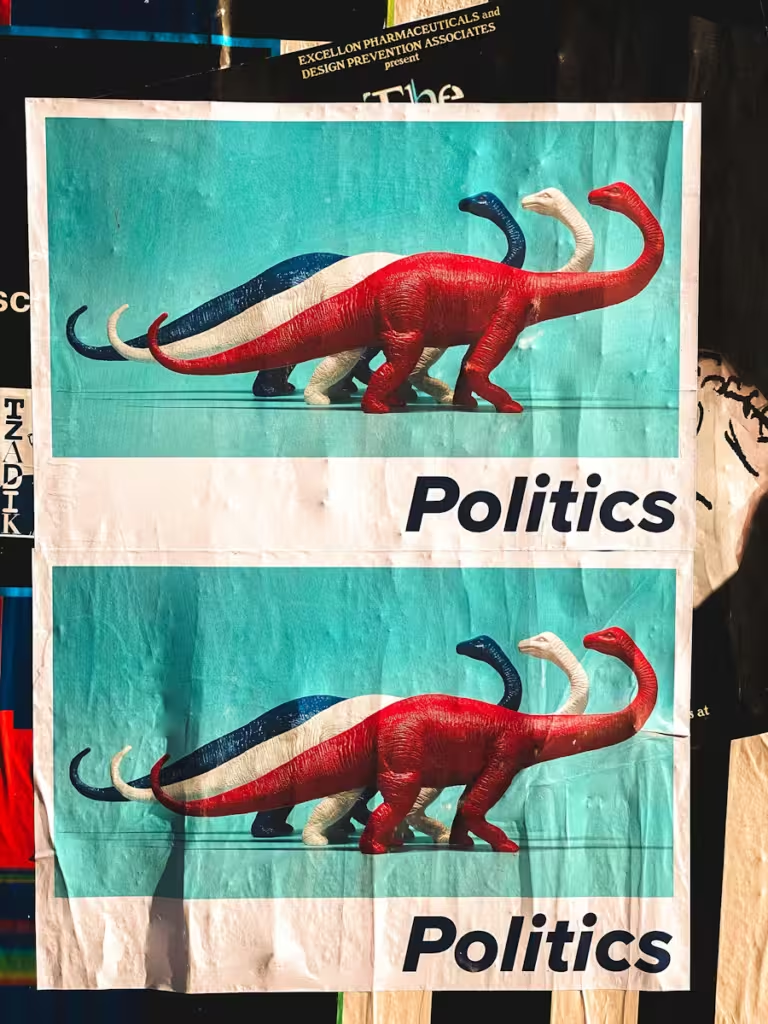If you ask your typical progressive whether international financiers should dictate public policy you might have to dodge as they laugh so hard latte comes out their nose. And yet when it comes to climate change, alarmists are looking to big banks and investment firms (as well as judges) to help them bypass voters. Thus for instance Democracy Watch, a major Canadian activist organization consisting largely of Duff Conacher advised by Dan Akroyd, called for “Finance Minister Chrystia Freeland and Ontario Premier Doug Ford to work together with all parties and make three key changes that will expose, and end, fossil fuel financing by Canada’s Big Banks and other key financial institutions”. And the banker-politicians are willing: The Wall Street Journal reports that “Central banks, the most powerful financial institutions in the world, want to become the guardians of the environment as well…. They believe rising sea levels, more wildfires and bigger storms could cause shortages that spur inflation, the regulators’ traditional nemesis. The banks that are deepest into the issue are trying to limit climate change by steering their financial systems away from fossil fuels.” So it’s trendy. But is it democracy? And does it matter?
Francis Merton says not to worry about the plan to get rid of fossil fuels, that as voters and consumers discover the real cost they push back hard. Which is true as far as it goes, and he makes some pertinent points about the real cost of renewables, the folly of New York’s ban on gas hookups and so forth. But zealots are not notorious for their flexibility with respect to goals, which is one reason they are notorious for their flexibility with respect to means. And they are finding allies from Wall Street to K Street.
According to the Wall Street Journal, “the Central Banks and Supervisors Network for Greening the Financial System… which includes central banks and regulators of major European countries as well as China, Russia and Japan, started with eight members in 2017” but now has “90 central banks and regulators as members”. And they’re gathering to consider “higher capital charges for lending to fossil-fuel companies and bank stress tests that focus on the risk of rising temperatures to loan portfolios.”
So it is coming. Including to Australia. And Canada’s banks seem to be leaping onto the bandwagon. To some extent they are smelling profits, from good PR and juicy government sources. But they’d better beware when the weasel goes pop. Likewise Manulife, with over a trillion dollars under management, has a “Climate Action Fund“, with Action in italics for greater forward momentum, which blabs on about change and commitment while promising not to forget that silly old return on equity and adds: “Manulife Climate Action Fund uses the Paris Agreement and science-based targets as a framework for its stock selection process by investing in companies with clear plans to reduce their carbon footprint.” Not, you’ll notice, to make money.
Of course some progressives remember that when companies espouse a trendy cause it might be a ploy to increase profits. Sustainable can be a flexible word used to rebrand things you were going to do anyway, sometimes in suspicious ways. And speaking of doing well by doing good in suspicious ways, it’s a bit surprising to learn that Naomi Oreskes, who also now has her own theme song, is on retainer with a law firm that specializes in suing energy companies on behalf of politicians based partly on… oh dear… a major report by one Naomi Oreskes. Although of course deniers have all the money, and got it from oil firms.
One silver lining here is that some financiers are inflexible about their goal of maximizing returns for those whose money they hold in trust. Indeed John Graham, the new head of the Canada Pension Plan’s Investment Board, a body that has morphed from small and sober to huge and speculative, recently said he’s not willing to divest from fossil fuels. (By the way he has a PhD in chemistry, so perhaps he’s a climate scientist.) And it’s safe to assume that over in China, Xi Jinping’s formal takeover of Jack Ma’s Ant Group means it won’t be refusing money to his vast army of coal plants. But by and large the plan remains clear: Bankers and politicians will gang up to bypass voters, to progressive applause.
Lenin would be turning over in his grave. Though whether from horror or envy is hard to decide.


